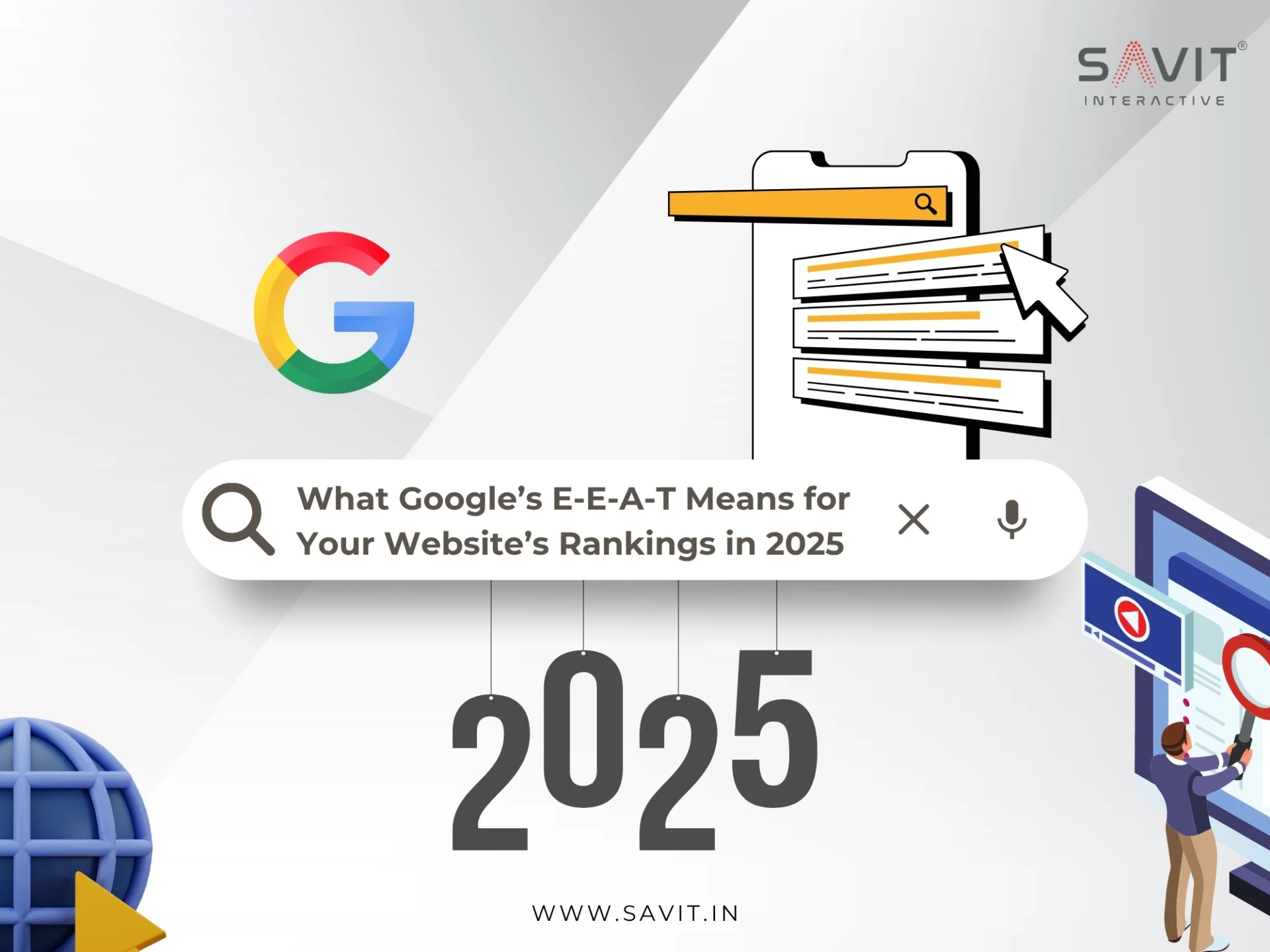FAQ pages stand for frequently asked questions page through which the websites benefit if it is well written as it answers a user’s queries. They not only offer crucial data, but they also have a significant impact on search engine optimisation (SEO). However, poorly constructed FAQ sites resemble a hastily selected info dump and can be detrimental to SEO.
FAQ sections on websites can be an efficient tool for SEO strategies. In this article, we will discuss how it benefits the business and how to implement it on the website.
What is a FAQ page?
Visitors to the website can check the FAQ page to find answers to frequently asked questions about the services and goods provided by the business. The FAQs can contain solutions to queries related to the company’s goods or services. Buyers can benefit significantly from good FAQ sites functioning as the point of departure for several of them frequently.
Why make a page of FAQs?
Queries pages can:
- Helping clients can simplify and speed up their buying process. By responding to inquiries about the company and addressing the most frequent worries and scepticism of customers, you can assist the customer care team in reducing churn time.
- Build a lot of trust signals by thoroughly outlining critical information for customers and search engines, such as return policies, terms and conditions, shipping methods, etc.
- A fantastic location to create meaningful internal ties
Do FAQ pages help with SEO?
When appropriately used, FAQ pages may be a great complement to your SEO plan. Nevertheless, there are effective and ineffective ways to use SEO FAQ. A fairly constrained method of doing the same is using a keyword tool and responding to questions.
A good FAQ page will have genuine questions addressed, correct questions answered, well-designed UX, and appropriate keywords tag in the answers. All these elements together will create an impact that can prove advantageous for the overall SEO of your website.
Examples of FAQ pages
Homepage
One of the most general forms of FAQs examples can be found on the front page of the majority of websites. Websites frequently have a FAQ section on the homepage, just before the footer. It allows the websites to efficiently utilise organic links while aiding them to fill in the homepage with informative content about the business.
Product or Service Page
Apart from the homepage, SEO FAQs can be seen frequently on the product or service sites. By filling these pages with detailed information about a particular good or service, websites may better direct their users and cut down on support queries.
FAQs in a standalone blog post
Many FAQ sections are published as separate blog posts. Blogging sites are a simple medium that serves brands conveniently and effectively. The format of blog post includes posting several subheadings as questions and answering them. This makes it easier for businesses to use keyword clusters on the page effectively and makes it possible to build backlinks.
FAQs within a blog post
Another strategy is to include FAQs in blog posts. You don’t need to write a separate blog article for merely the FAQs. The relevant SEO FAQs can be added to current blogs and dispersed throughout numerous blog entries that are pertinent to the questions.
Dedicated FAQ Page
If the queries in your niche require a lot of answers from your brand, then one of the greatest options is to have a separate FAQ page devoted to educating the customers. Such FAQ pages need to have a super innovative UX design that hold large number of inquiries and make its access simple. These pages can help you in creating effective link-building strategy as it can be used for internal links and as a resource on various on-page and off-page blogs.
How can FAQ pages be made search-engine friendly?
Assemble the most often asked user inquiries:
Gathering all the typical questions and difficulties brought up by your consumers is the first step in establishing an SEO-friendly FAQ page. Although it can seem straightforward, this step calls for much research and brainstorming. For helpful insights into these topics, speak with frontline employees and customer support representatives who frequently respond to inquiries.
Give comprehensive responses to those queries:
For FAQs, it’s crucial to keep responses concise and direct. Customers want answers to their questions quickly, and the majority would instead not read a whole blog post about a single issue. It’s crucial to provide a thorough response to these queries, so focus on their primary problems and include links to more in-depth articles on your website that cover these issues if the user wants to learn more.
Structure FAQ pages:
For a user to browse through your FAQ page it must appear simple and understandable. Straightforward techniques used while building the UX design of the page will benefit greatly. A Drop-down box as a response for every single question is a great way. No user would want to spend an eternity scrolling down a page in search of the solution to their problem. Such pages would lose out on using SEO chances and have a substantially higher bounce rate.
Optimise the meta descriptions and title tags:
Include pertinent keywords in each FAQ page’s title tags and meta descriptions. This SEO technique will make it easier for search engine algorithm and the users to understand the page in a much better way. Users who are not sure what the page will consists of can get an idea through the meta descriptions.
Add a FAQ schema:
To learn more, you should include a FAQ structure for your FAQ pages to earn more space on SERPs. If you incorporate structured data in your FAQ page your website might appear in the rich snippets on SERPs and might receive organic traffic through Google Assistant.
1) Should there be a FAQ section?
Yes, having a FAQ area on your website can assist in answering a lot of customer questions and speed up their purchasing process. This may enhance conversions while also enhancing the overall user experience on your website.
2) What advantages do FAQ pages offer?
An FAQ page has a lot of advantages, like these:
- Increasing the internal linking on your website.
- Assisting clients and quickening their purchasing process.
- Combining the critical components of terms and conditions, refund policies, shipping details, and other information for customers to strengthen trust signals.
- By responding to clients’ most frequent inquiries and questions, you can save the customer support team a lot of time, money, and worry.
3) What distinguishes a knowledge base from a FAQ?
A knowledge base contains all the information you may possibly need about your company. However, FAQ sites typically include answers to the most frequent queries.
In summary
One of the best methods to improve your UX and boost SEO is to take the time to thoroughly investigate the questions your target audience is asking and offer an appropriate solution to them via FAQ pages. It’s time to design your own SEO-friendly FAQ page now that you know everything required to do so.



